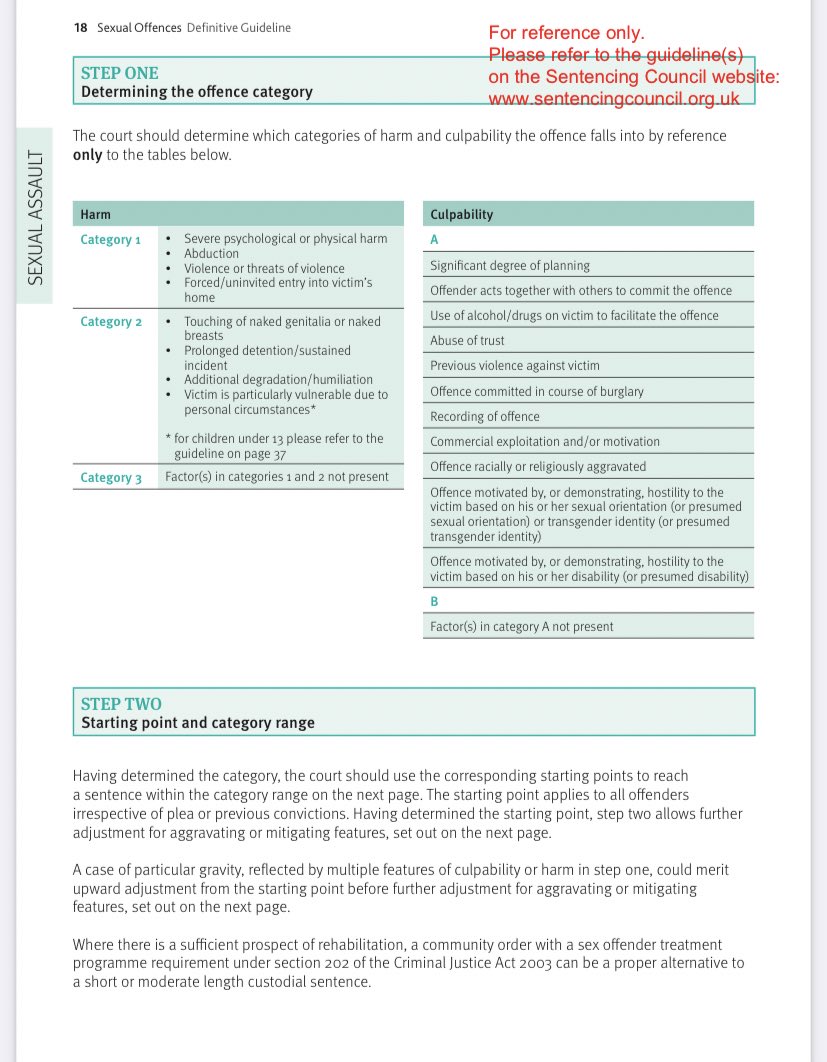
As Saint Dom offers his unique brand of self-exculpatory truth to the country today, a reminder that his self-interest and wholesale ignorance of the rule of law posed a very real threat to our justice system during his fifteen minutes of power. [THREAD]
👇
👇
After the Supreme Court ruled that the government acted unlawfully in proroguing Parliament without offering a single reason (let alone a good reason) for doing so, Dom started briefing that he was going to “get the judges sorted”. ft.com/content/6ac426… 

When Priti Patel’s Home Office acted unlawfully, and the courts ruled that her Home Office had acted unlawfully, Dom waded in with his size sevens again, briefing (or allowing it to be briefed without correction) that he was plotting “revenge”. mirror.co.uk/news/politics/…
When Dom appeared to have committed a criminal offence by breaching lockdown regulations, he was happy for the Attorney General to abuse her office by intervening in an independent police matter to try and help him out: theguardian.com/politics/2020/…
What has followed is a naked assault on judicial review by the government. JR is the means by which unlawful acts by government are held to account.
First the government established an “independent” review on judicial review, chaired by a former minister and avowed critic of JR:
First the government established an “independent” review on judicial review, chaired by a former minister and avowed critic of JR:
https://twitter.com/barristersecret/status/1289169025889636352
When the independent review reported that, actually, JR worked well and the government’s repeated claim that judges were being “too political” was unsubstantiated, the government simply ignored the report and announced the “reforms” it was always going to. rozenberg.substack.com/p/faulks-defen…
In fact, worse than simply ignoring the report, the government made false and misleading statements about its conclusions in Parliament, pretending the report had said something that it hadn’t, as the Chair had to correct (h/t @JoshuaRozenberg): 





These “reforms” will make it harder for individuals to hold government to account, and for people to seek redress when ministers act unlawfully in ways that affect them.
@JoshuaRozenberg has written (superbly, naturally) on these developments: thecritic.co.uk/issues/march-2…
@JoshuaRozenberg has written (superbly, naturally) on these developments: thecritic.co.uk/issues/march-2…
This government’s antipathy towards constraints on its power and the notion of accountability is well known. Dom was at the heart of government when it was threatening to break international law with the Internal Market Bill. politics.co.uk/comment-analys…
And when he was just a blogger in search of an editor, he ranted about leaving the European Convention on Human Rights, another fetter on the power of politicians to act as they please. 

All of this is the product of a mind that struggles to grapple with the fundamental precepts of the rule of law.
The inevitable plug: #FakeLaw is out in paperback TOMORROW. It explains the truth about justice for those, like Dom, in need of a bit of help. amazon.co.uk/Fake-Law-Truth…
The inevitable plug: #FakeLaw is out in paperback TOMORROW. It explains the truth about justice for those, like Dom, in need of a bit of help. amazon.co.uk/Fake-Law-Truth…
• • •
Missing some Tweet in this thread? You can try to
force a refresh
















